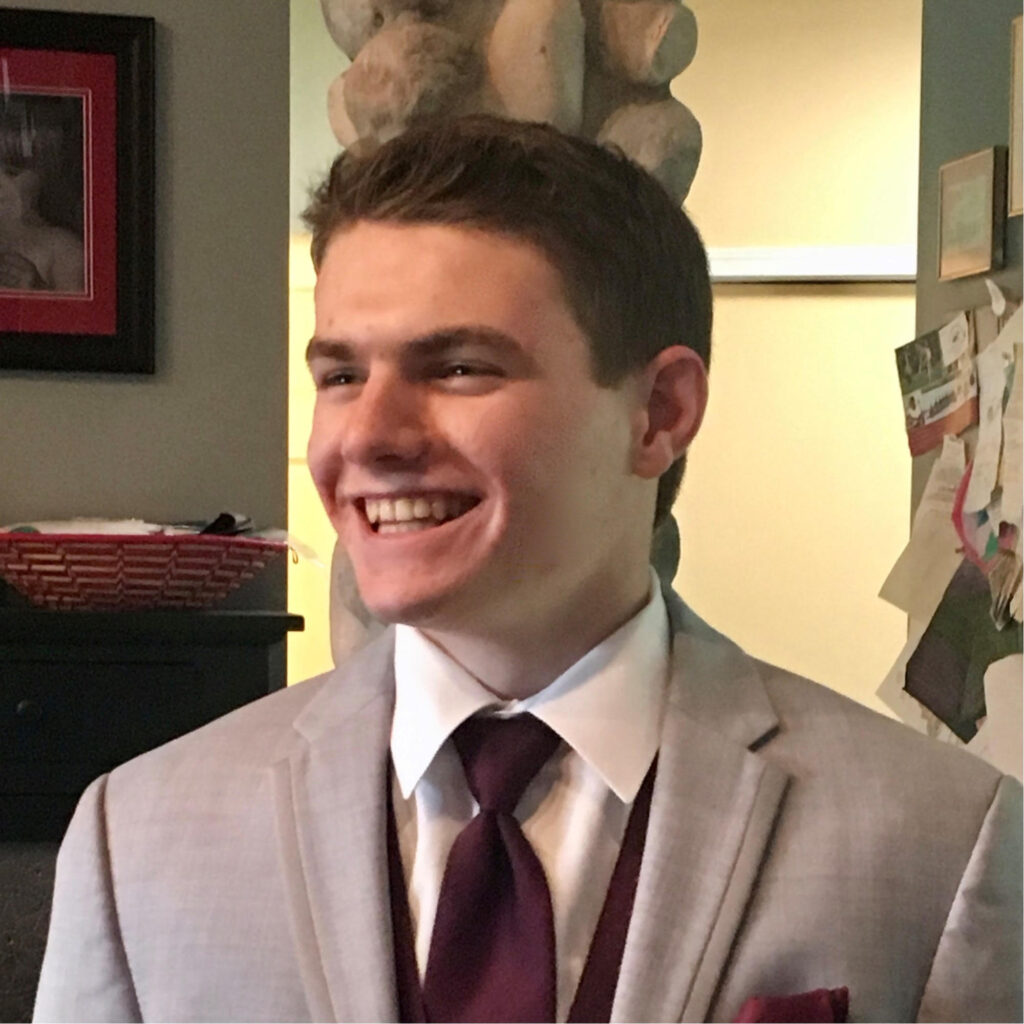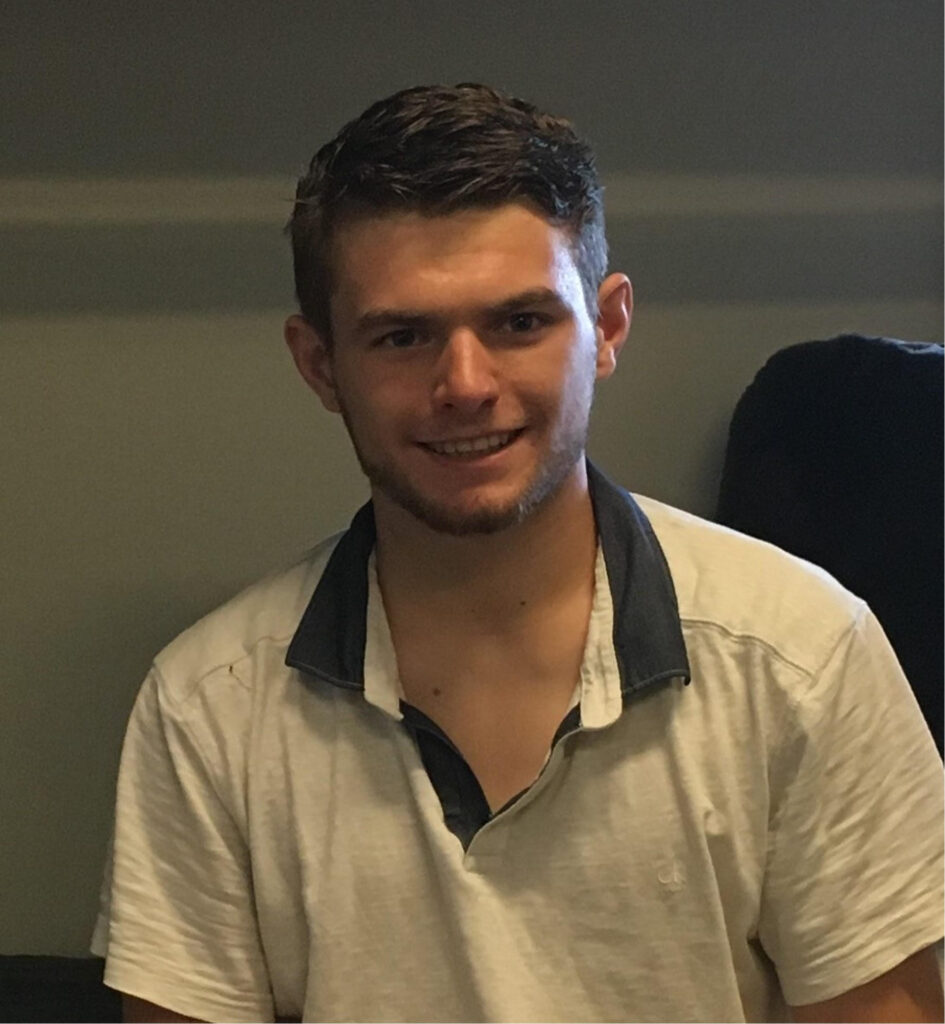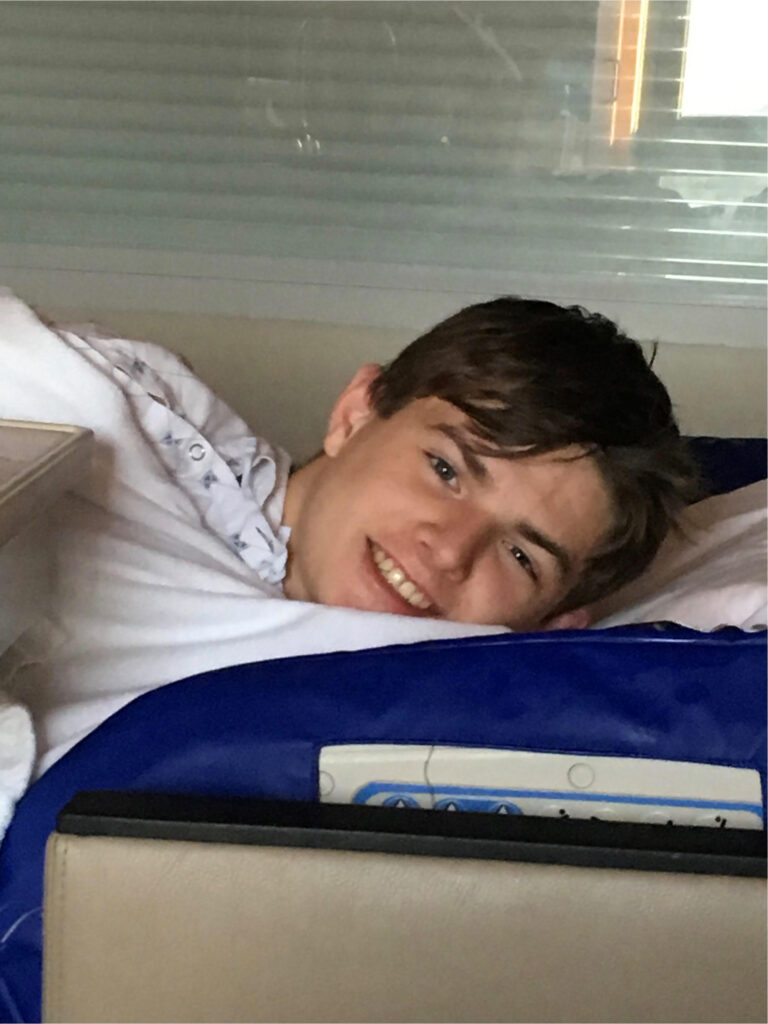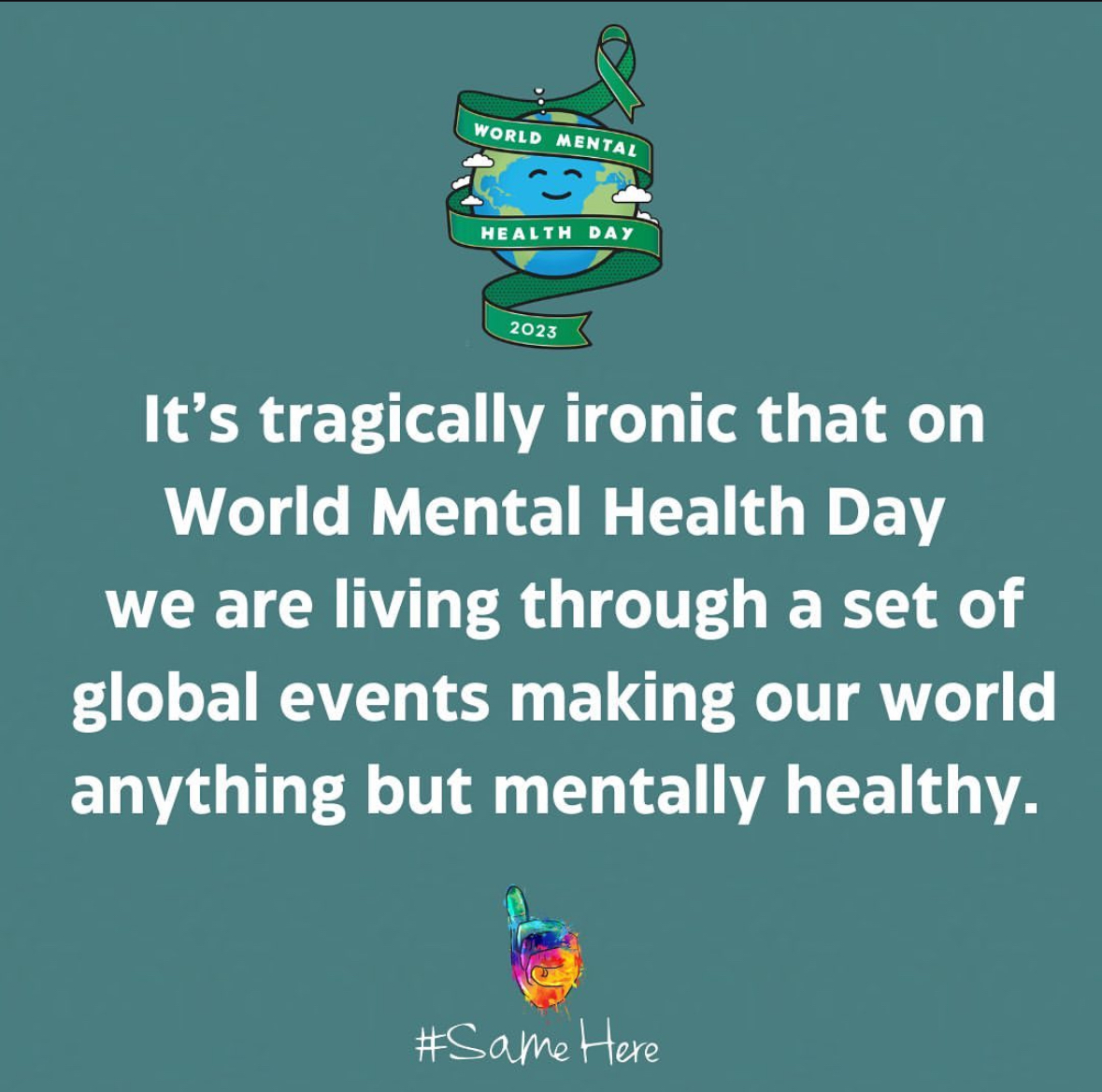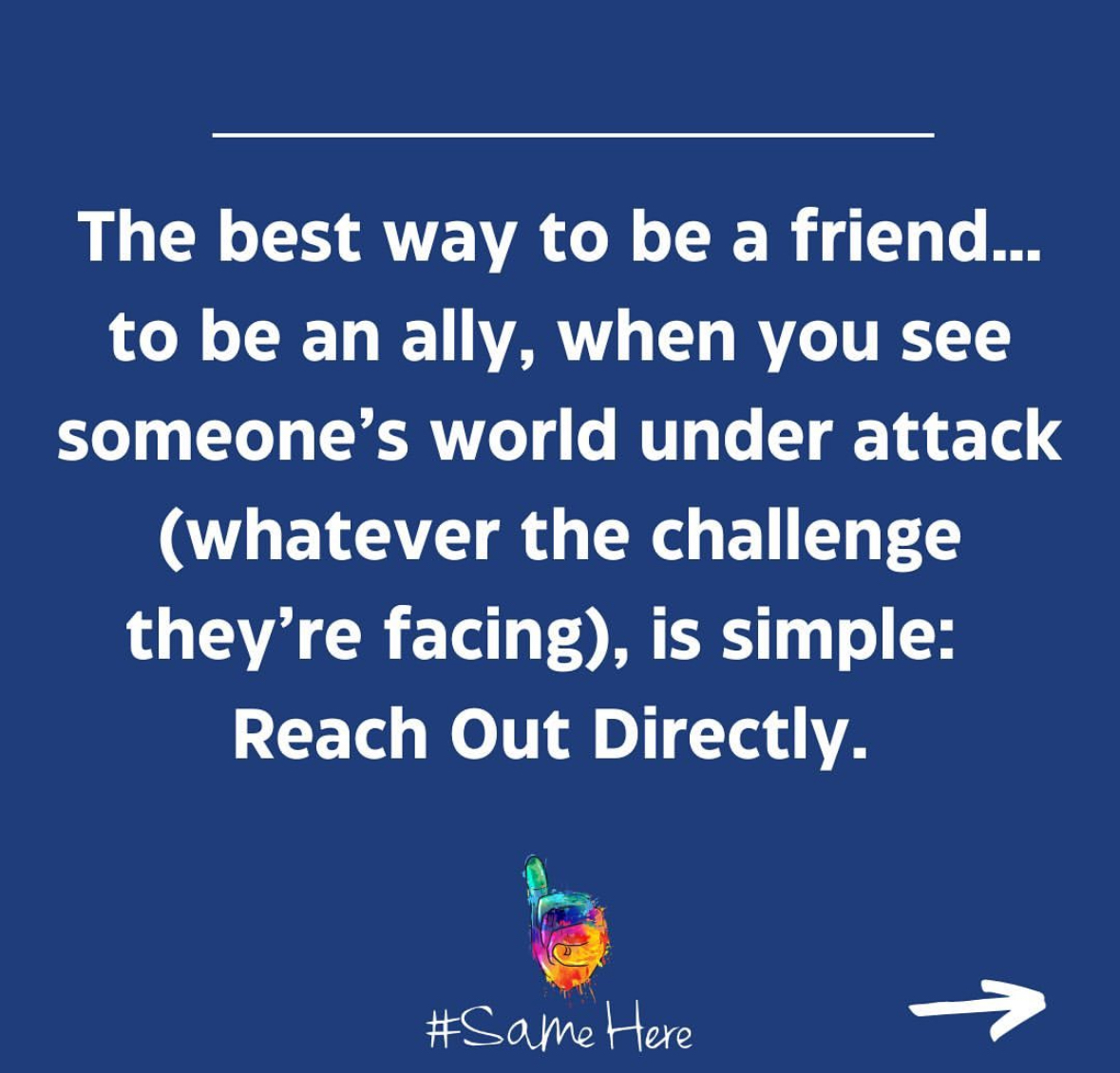Jack had developmental issues as a young child — OT issues, speech issues, attention/impulsivity, and at the same time was very intelligent and aware. If people were unaccepting or impatient with him, he noticed. But he remained spirited and engaging. In first grade, he was diagnosed with celiac disease, which set him apart in a further way (before being gluten free was commonplace). His immune system was always a bit wonky, and he often found himself fighting antibiotic resistant infections, battling Lyme’s, always something. His awareness combined with some natural introversion, probably intensified by the stress of routinely fighting internal health problems, developed into social anxiety, which periodically morphed into depression. Still, most people who interacted with him would not guess this about him. He was kind and friendly and funny, and he enjoyed himself. He played football and wrestled, played baseball and tennis, and loved both tramping around the woods and being on the water. In his pre-teen years we learned Jack was, essentially, not making serotonin. He later developed an autoimmune condition attacking the dopamine receptors in his brain. Throughout high school he was plagued with seizures.
Junior year of high school, Jack began to experience suicidal ideation. His brain chemistry made him “non-responsive to treatment.” After a failed suicide attempt, he worked through a DBT program. And it was work. He showed courage and strength, and his growth was remarkable. He seemed to have “turned the corner.” He was accepted into a bioengineering program at Tulane University and secured a job as an equipment manager for Tulane Football. Part way into his first semester, a difficult roommate situation flooded him with insecurities. He reached out to friends and told them he was experiencing suicidal thoughts. His ability to confide in us allowed us to help him. We actually thought we were “in the clear” — we he had reached a point where Jack felt comfortable asking for help. Tulane handled the situation graciously and treated Jack with dignity, allowing him to withdraw, refunding tuition and guaranteeing he could return the following year with his scholarship intact. He came home and worked hard fall, winter, and early spring to get healthy, and worked hard at a job, and took classes at community college, and applied to other schools for the following fall in the event he might choose not to return to Tulane. Then COVID hit. We did not worry for Jack. He was at home with our family, where he felt most comfortable. We enjoyed sharing meals and playing board games and watching movie marathons together. We were so not-worried about Jack.
We don’t know what happened.
Jack did not leave a note…
Many people suffer comparing themselves to others. I think Jack often compared himself to what his life might have been had x or y or z not derailed him. He had just decided he would attend Syracuse University and study sports management — pursue a true passion. He joined accepted student chats and thought he had “found his people.” But COVID created so much uncertainty, so many what-ifs. Would he get to go? And there was I’m sure the social anxiety of starting over. And I’m guessing the what-if this fails, too, then where am I. In hindsight, it seems obvious these thoughts would have been haunting him in the darkness of night. But the days were filled with laughter and pleasant moments and each other. We let our guard down. Missed the subtle clues. The disease lied to Jack, and he kept its secrets, and because of that, I think, it won.


